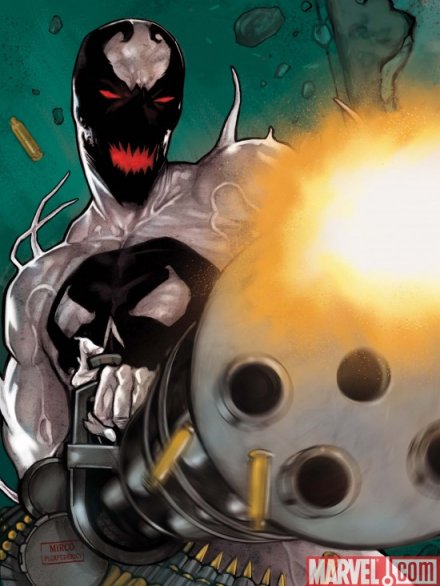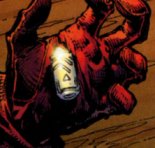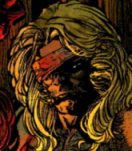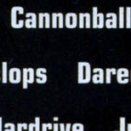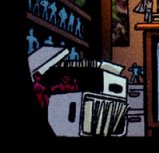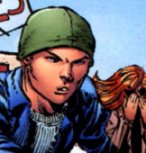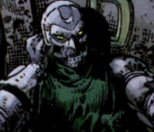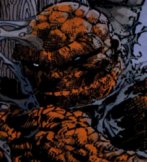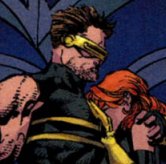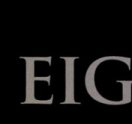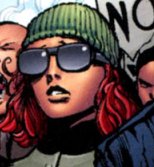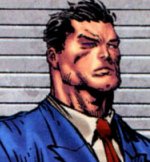In the end, Garth Ennis’s Punisher was about both the best and the worst of humanity. The worst, in that he represents just how thoroughly a human being can be broken by the unthinking and inhuman actions of others. The best, in that he looks at the terrible things that the best of us tolerate and says, “No more.”
Ennis’s Punisher isn’t a hero. He may do heroic things, and he may save lives, but he’s no hero. He is, at best, a murderer whose goals happen to coincide with those of many members of society. Punisher MAX really works for two reasons. Ennis treats the series as a war comic, making sure to show the effects of the violence on society and the characters. He writes Frank Castle not as the Punisher, a costumed mental case with a mad-on for criminals, but as a soldier using the things he learned in Vietnam to put the screws to the people he hates.
Frank Castle is no one to look up to, but he exists as the ultimate “If I could…” character. A social worker partway through the series, in the phenomenal The Slavers arc, gives Castle information on his targets, against her better judgment, because she wanted them to pay for what they’d done. She knew the law would never be able to touch them and that they would skate through life, and she hated them for it. They were trash, less than human, and the only person who could do what needed to be done was a man wiling to be inhuman to them right back.
And he does so, if not admirably, then with a certain amount of skill. He makes a child of a hard man with ease, before he finds the woman who helped mastermind the entire scheme. When she begs for her life, explaining that they just wanted to be in America and do business, he coldly tells her, “All that counts is you can’t stop me. I’m stronger than you, so I can do anything I want.” There’s a beat, as time passes and the panel switches, and he asks her, “Isn’t that the way it works?”
And it’s wrong, he’s beating this woman to death, and it’s terrible… but she’s the one who came up with the “rape them to break them” plan. She was willing to use other people as cattle to make sure that she lived a life of luxury. You’re appalled, and it’s ugly, but deep down, you understand that she’s getting exactly what she deserves. Getting to be a monster with no repercussions is unthinkable. It makes for some uneasy feelings. So, you don’t cheer, exactly, but there’s a quiet understanding, the feeling you get when you squash a bug that might have, or did, sting you. It is ugly, but it needed to be done. It is not a good thing that it was done, exactly, but it was necessary.
Frank Castle is a monster, but he’s also a representative of our gut instinct when confronted with some fresh horror. He does what a lot of wish we could, or, failing that, wish would happen, but make no mistake: he is only better than those he kills by comparison. He is a monster, and when confronted with this fact, he agrees. He cannot bring anyone into his life, because at some point, no matter how happy his life is, he is going to turn on the news and see someone that must be punished. He’s damned, he knows it, and he accepts that it is what it is.
The thing about Frank Castle, the thing that keeps him from becoming a generic and bloodthirsty action hero, is that he takes no joy in what he does. One-liners are rare, and stand out when they do occur. It is clear to both the reader and to Frank Castle himself that he takes no pleasure in what he does. The closest he comes is satisfaction, and even that is a vague inference. He does it because it must be done, and he does it because no one else will.
When confronted with the death of a broken and sad woman, all he thinks is, “If I could, I’d kill every single one of them. I’d wipe them out. And you’d never have had to exist at all.” It isn’t an honorable sentiment, but it is a sad one. Whenever Frank Castle meets a normal person, someone not in his line of work, he’s met with shock, scorn, and horror. They understand his appeal, and a couple characters even take him up on it, but his way is not the way life should go. There is no honor, no glory in being Frank Castle.
Garth Ennis took a derivative character, a Dirty Harry for superheroes, a character used to reiterate the ridiculous idea that heroes should never kill, and used him as a mirror for us. Our fears and our insecurities were put on display and put down over the course of the past five years.
Frank Castle didn’t die at the end of Ennis’s run on the Punisher, but I’ve read all the Punisher stories I need. I can’t read the one that fights supervillains, gets up by superheroes because he’s a loose cannon, and never seems to accomplish anything. I can’t take him seriously. It’s like going from photorealism back to stick figures, from the modern age back to the Silver Age, or aging backwards. I’ve read a Frank Castle that brought feelings and thoughts that I’d left unexamined right to the forefront of my mind. I watched him murder people, people who absolutely deserved it, and felt that that was the only way their story could have, and should have, ended. I’ve had to examine my reactions to his actions, and figure out what that means about me as a human being. And, honestly, I’m better for it.
After The Slavers, Punisher vs Kingpin is hollow. I’ve seen real villains in these pages, and that comic book nonsense is just that. The Punisher shouldn’t be a character that makes you pump your fist and go “YEAH!” At this point, that’s a take on the character I want nothing to do with. It’s boring and retrograde.
Those five hardcovers on my shelf, though? Those are five of the finest, and most thoughtful, books Marvel ever put out. It’s a poorer comics world without them. All five volumes are on Amazon. Five , Four
, Four , Three
, Three , Two
, Two , One
, One . The hardcovers collect two stories a piece, and are by far the best way to read the series. These are comics to get angry to and comics to care about. These are comics to think about.
. The hardcovers collect two stories a piece, and are by far the best way to read the series. These are comics to get angry to and comics to care about. These are comics to think about.


